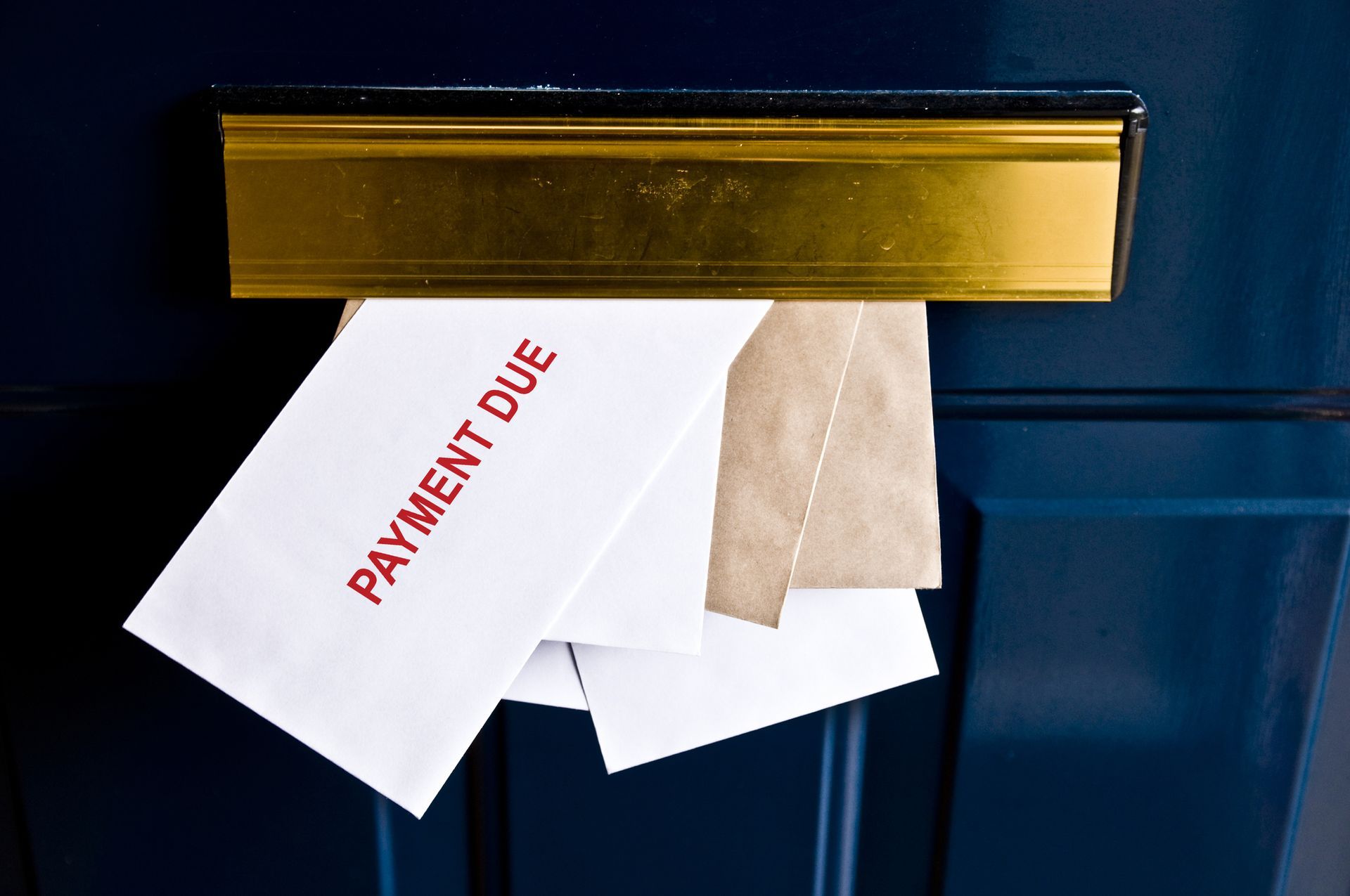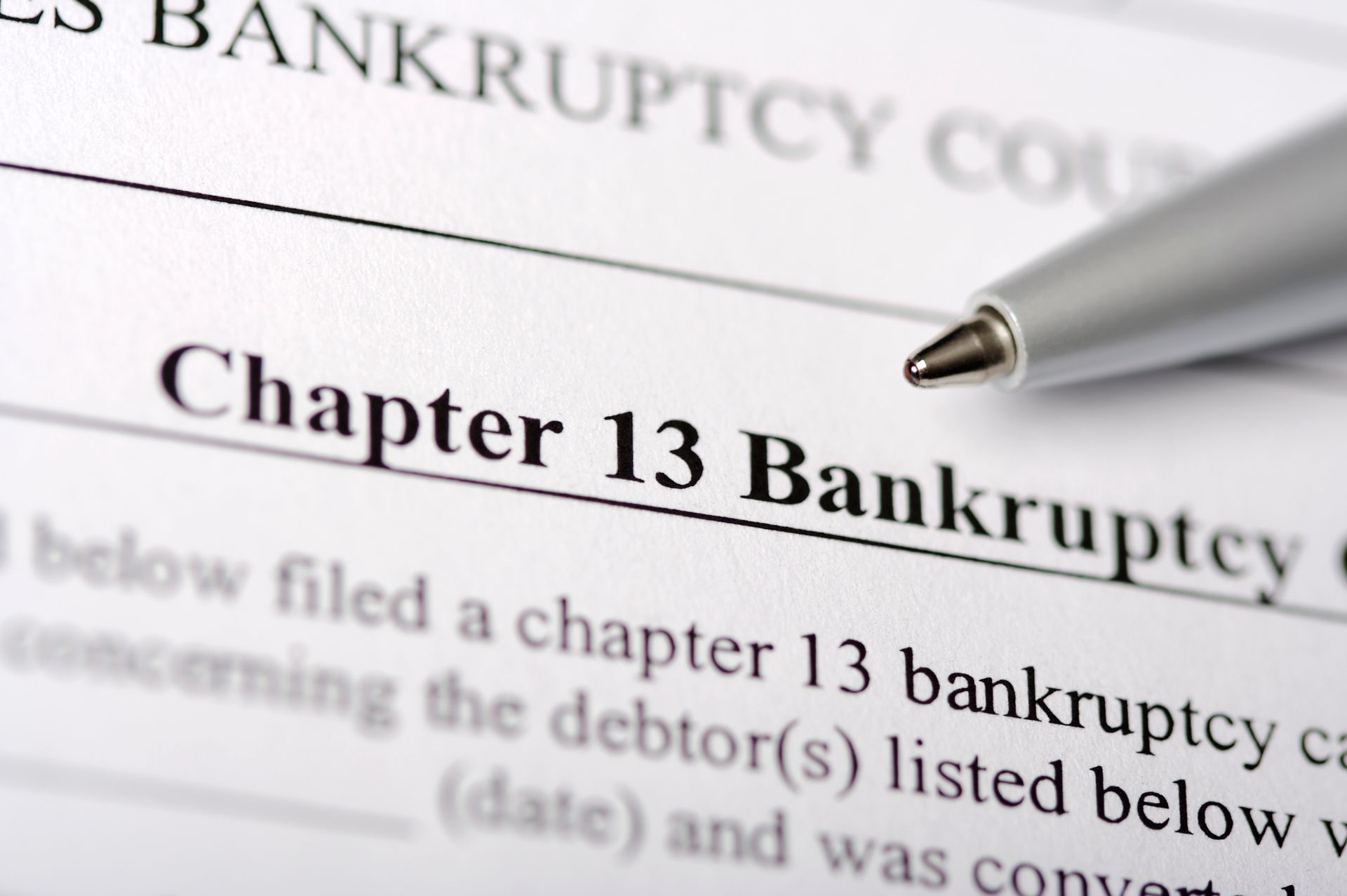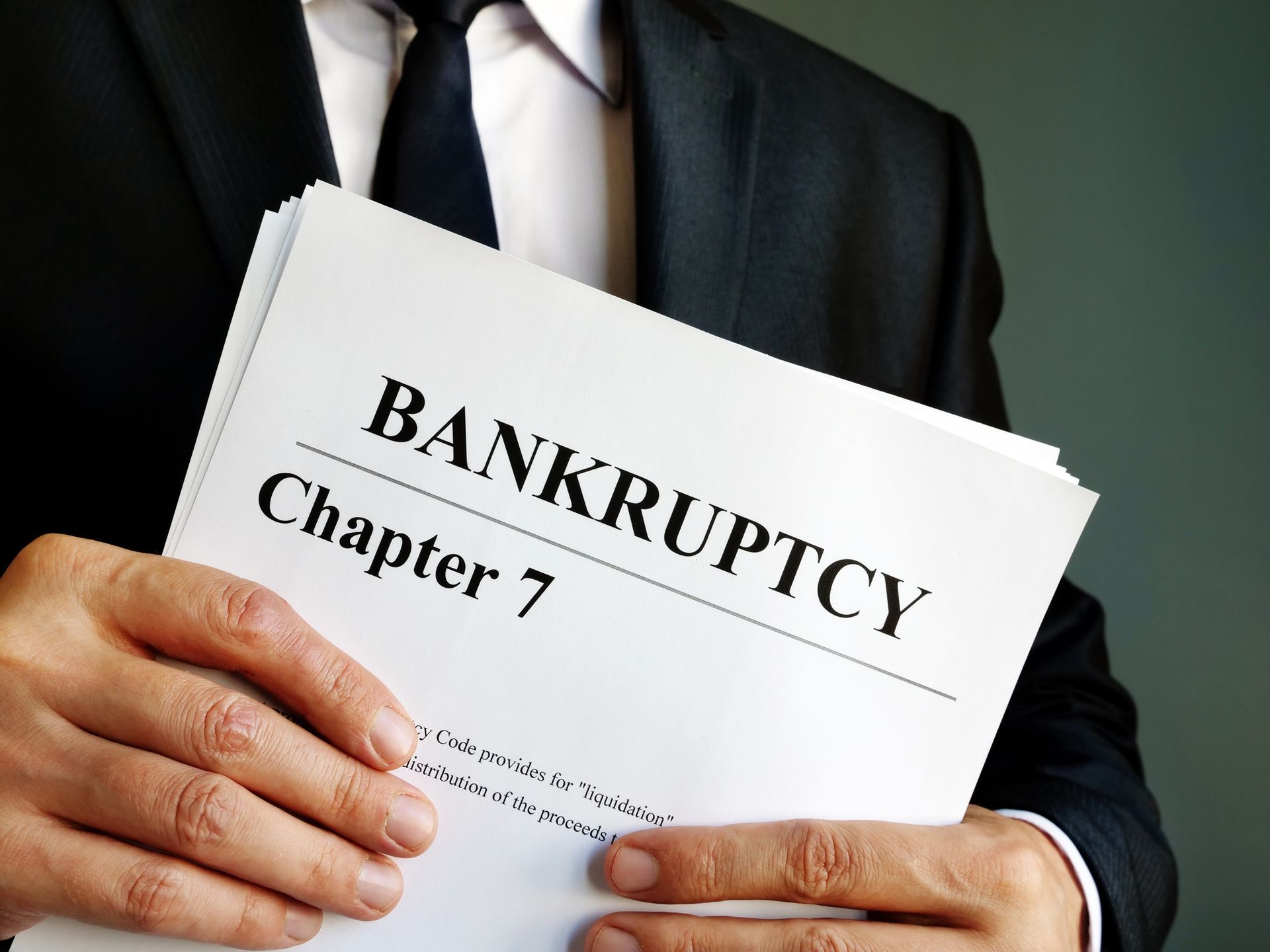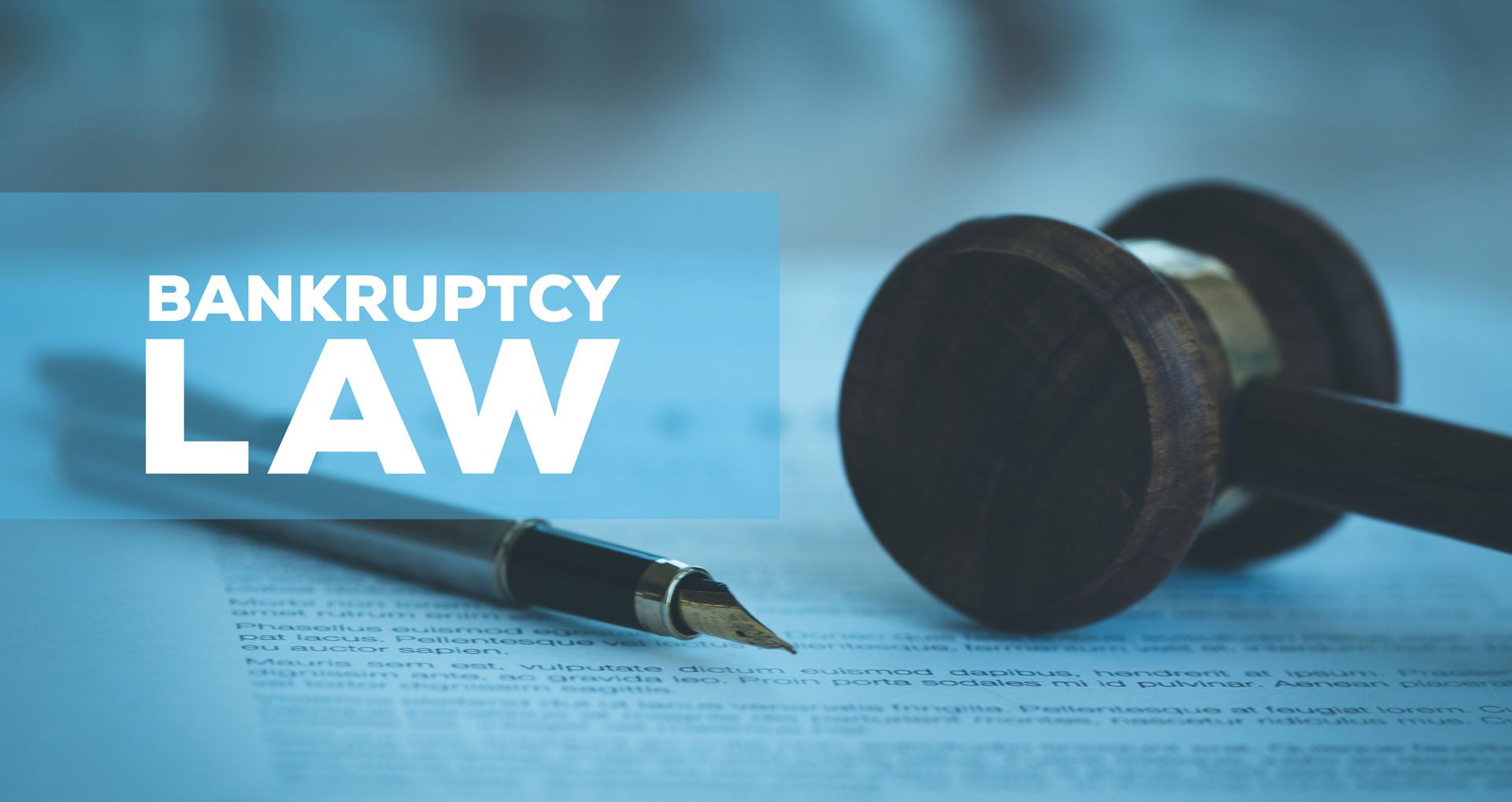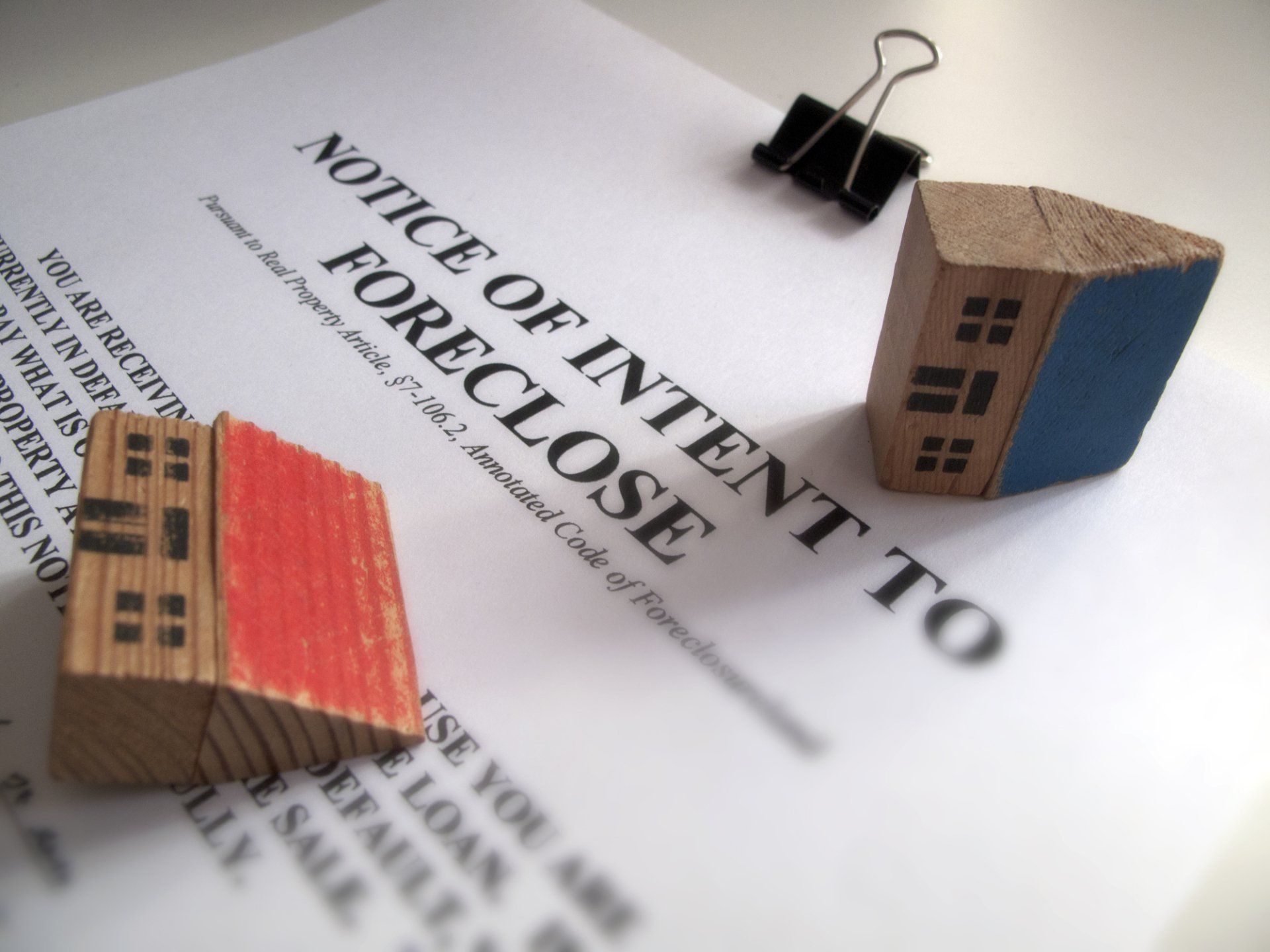How Much Debt Does the Average Household Carry?
The first step towards getting your debt under control is taking a hard look at your finances and seeing exactly where you stand. Comparing yourself to other Americans can be a good first step in determining whether or not you have borrowed too much and may need the help of a bankruptcy attorney. A recent study found that the average household has more than $129,000 in debt, with the average credit card debt coming in at $15,000. Of course, it should be noted that every household is different, so manageable debt for one person may be completely unmanageable for another.
The biggest debt most people carry is a mortgag, with the average mortgage coming in at about $165,000. This debt isn’t necessarily bad debt. Since homes generally increase in value over time, a borrower will build equity in their home over time. A person needs to buy a home that is within their means, but so long as they have a stable job and their mortgage costs about 28% of a family’s income, they should be OK.
Credit card debt, however, is almost always bad debt. It often has a high interest rate and is used for purchases that don’t increase in value. It leaves a person paying down debt month after month, gobbling up a significant portion of their income. If you are using credit cards to make ends meet and can’t seem to pay down your balance, it may be time to speak to a bankruptcy lawyer to discuss your options.
At The Bankruptcy Clinic, we can examine your overall financial situation to determine if bankruptcy may be right for you. We can examine your income (if any) relative to the debt you owe, the types of debt you have, and other factors that will impact your potential bankruptcy filing. We understand how stressful debt can be and will work compassionately with you to find the best solution for you and your family. For a free consultation in Carbondale, Marion, or Mt. Vernon, contact The Bankruptcy Clinic right away.
